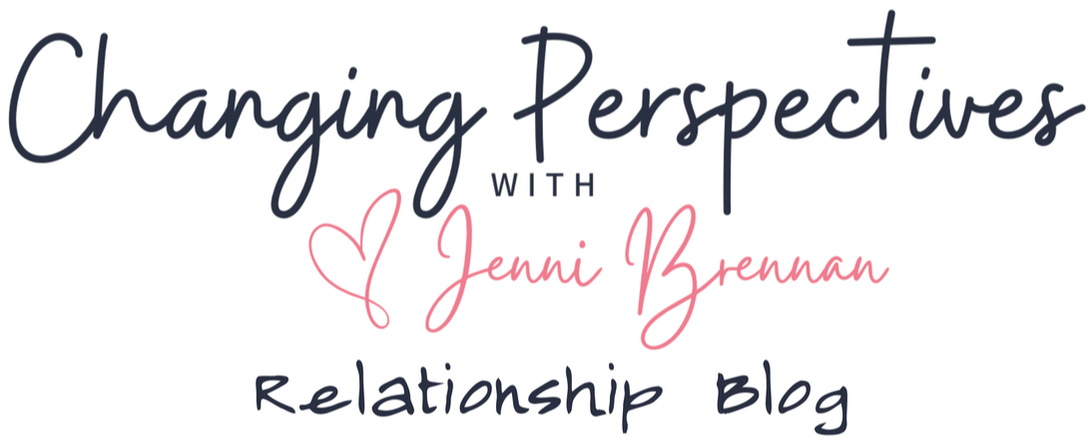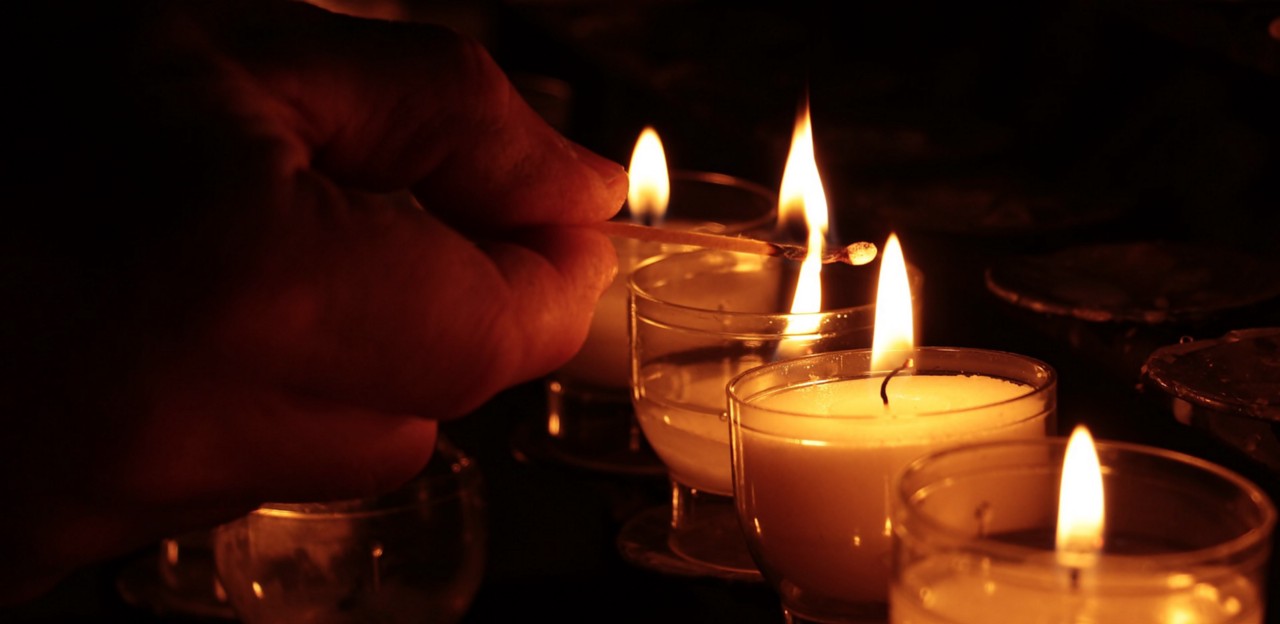|
As I sat at my desk during my 10 minute break between grief therapy clients, I opened my Facebook app to scroll mindlessly for a few moments, completely unaware that my life was about to change.
A photo of one of my friends filled my feed instantly. It was a beautiful photo of her, one that captured her love for all people and her genuine desire to make life better for everyone. I skimmed the headline beneath the photo quickly and my brain couldn’t compute what I was seeing. The gruesome, horrific, unreal words didn’t match the photo before me of the carefree young woman that danced the night away at my wedding or led classrooms full of preschoolers in silly songs alongside me. It couldn’t be. With a shaking finger, I clicked on the link and my brain was finally able to make the connection. We failed her. The society she worked so hard to make better had failed her, letting her and her daughter die a horrible death at the hands of the man that was supposed to love them most. It’s a fate shared by many women and now she was part of the startling statistic of women whose desire to leave their partner led to their own murders. Tears spilled freely from me in that moment. I’m not so sure she ever really knew how much her role as a mentor had meant to me or how much it had changed the course of my personal and professional life. I don’t know that I ever really told her how much I had learned from her and how much I always wished I had the courage to commit my life to making the kind of global changes that she so selflessly has made. I hope she knew how much of a ripple she had left in my life but I can never know for sure. Now it’s too late. She’s gone. Nausea swept over me and I broke out into a cold sweat as my brain began to process the terror she must have felt in her final days, final hours, and final moments as she realized she had no way to escape. As dark as it was, I wanted to stay in the moment of grief, that space of remembering her, but the clock kept ticking and in just a minute I was due to provide grief therapy to another patient. I quickly pulled myself together, fixed my face, and pushed my emotions into a far off corner in my mind so that I could hold space for someone else’s grief, hoping that I would be able to process all of my feelings later on. After leaving work that day, I briefly exchanged text messages about the awful story with some of my closest friends and shared a Facebook post not about the manner of her death but about her contributions to the world, as if somehow disconnecting the photo of her beautiful face from the horrible headline could alter reality. Then I went about my night. I sat at a friend’s kitchen counter with other moms, making decorations for a youth football championship game while chitchatting about mundane stuff. My brain both craved this simple, unemotional task and yet also wanted to reject it. I wanted to set the football decorations aside and share her legacy with everyone. I wanted to tell them about her, her work, the sheer number of lives she changed, and my memories of her from such a pivotal time in my life. But no one wants to talk about sadness or grief or loss or death. So, I didn’t bring it up and neither did any of the people there with me. Collectively and silently we somehow agreed to pretend it hadn’t happened. We minimized the reality of her death and ultimately minimized her and her life. I moved through the space of the next few days in a deeply contemplative state, as one often does when the unexpected and terrible occurs in life. Suddenly things that seemed incredibly important paled in comparison to what my friend had gone through; what her family and community were going through. My own priorities snapped into focus. Life is far too short for many of us and tomorrow is not a guarantee. So, why waste any of it on the things and the people that hurt you or don’t make your life better? What is going to matter most at the end of my own life? What will my legacy be? Do the people who matter to me know how much they matter? After a loss or trauma, the world marches on, leaving the grievers behind to pick up their own pieces, or to at least pretend they are picking up their own pieces. But, inside there is a constant loop of questions being asked and a deep yearning to be given permission to talk about their grief. The reality is that we are surrounded by hurting people all the time; people who want to talk about the sad stuff. They want us to ask them about their dead child, their murdered friend, their dying grandparent, or the struggles of waiting to find out if their biopsy is cancerous. They are craving permission to share their inner struggles about trying to find a way to make sense of the saddest parts of our lives. But, instead we throw ourselves into the things that don’t matter: small town politics, conflict in surface-level friendships, baskets of laundry that are overflowing, traffic that adds 15 minutes to our commute, gossip, drama, nonsense. At the end of our lives, none of it will matter. Imagine how much more beautiful this life could be if we all were just a little more real with each other. Imagine the benefits to being just a bit more vulnerable. What would it be like if we all focused more on real connections and sloughed off the stuff that won’t matter when we are at the end of our own lives? I wonder if the outcome would have been different if more people had done this for my friend. Perhaps it wouldn’t have changed what happened to her but maybe, just maybe, it would have given her a few extra moments of hope, comfort, and validation. We have work to do.
0 Comments
|
RelationshipsRelationships take effort and need to continuously be renegotiated over the years. These articles explore friendships and romantic partnerships - both their importance and how to improve them. Archives
June 2023
Categories
All
|
Sign Up For the Changing Perspectives Newsletter
Changing Perspectives with Jenni Brennan is supported by its audience.
When you purchase through links on this site, an affiliate commission may be earned. Learn More.
When you purchase through links on this site, an affiliate commission may be earned. Learn More.
Changing Perspectives Copyright © 2023


 RSS Feed
RSS Feed
